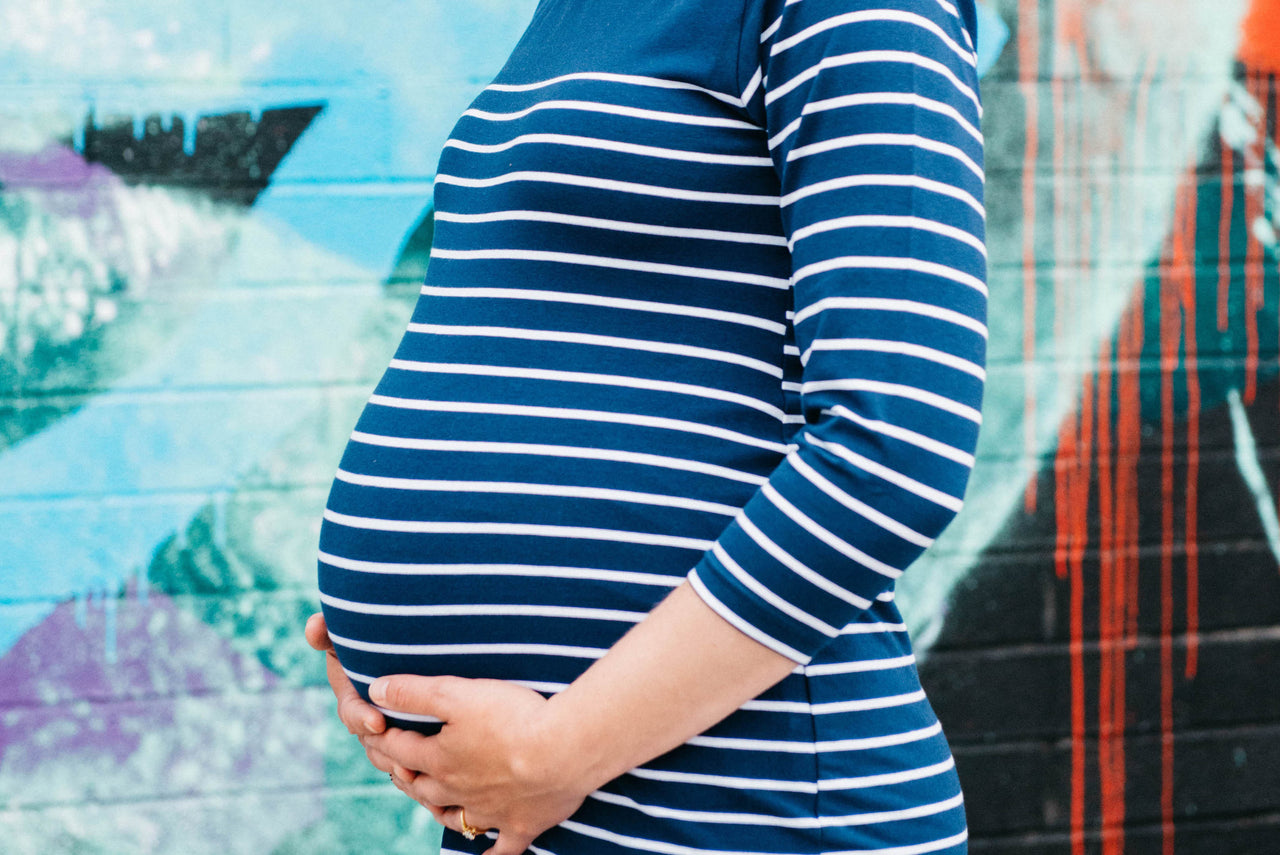
A Guide To Pregnancy Cravings and Aversions
What’s the deal with cravings anyway?
We’ve all seen a movie or TV show where someone is pregnant and hankering for a specific food. Tacos at 2 AM. Ice cream. Pickles.
Interestingly, these kinds of cravings aren’t just the stuff of fiction. Pregnancy cravings are for real - and totally normal.
An estimated 50–90% of U.S. women experience cravings for specific foods during pregnancy, according to a research report by Natalia C. Orloff and Julia M. Hormes, Health Behaviors Laboratory at SUNY - Albany.
Redeem your FREE Pregnancy Sample Box here!
Why Do Cravings Happen?
While the root cause of cravings is not totally understood, researchers say most people who experience food cravings during pregnancy likely experienced cravings before becoming pregnant.
“Very few women report food cravings exclusively during pregnancy; most have a history of… cravings for a variety of substances,” according to Orloff and Hormes.
Psychology Today also vouches for this theory. “If a particular food, drug or behavior is of concern prior to pregnancy, the chances are good that an expectant mom will continue to crave it during pregnancy,” writes Omar Manejwala, M.D.
Societal attitudes about pregnancy cravings also determine if (or even what) a pregnant person might crave. According to Hormes, “the social norm in the United States is for pregnant women to crave foods during pregnancy, and in particular those they may otherwise prohibit themselves from eating.” “Pregnancy may signal permission to indulge in a way that is not socially acceptable at other times,” she says.
When Do Cravings Start?
Food cravings typically emerge by the end of the first trimester. It’s most common for cravings to peak in the second trimester, then taper off as you get closer to your due date.
Should I be worried about cravings?
Most cravings are normal and nothing to worry about. As long as you’re generally following your care team’s suggestions for diet and nutrition, following the occasional craving should be just fine.
However, according to the Cleveland Clinic, if you’re craving “non-food items such as ice, laundry detergent, dirt, clay, ashes, or paint chips, you may have a condition known as pica.”
These kinds of non-food cravings may be a sign of a nutritional deficiency such as iron deficiency. If you experience them, get in touch with your care team ASAP.
What Kinds of Cravings Are Common?
What you crave during pregnancy might depend on where you live. Women in different cultures crave foods based on what’s regionally and culturally available.
In the United States, the most common pregnancy cravings are:
- Sweets (like chocolate, ice cream, candy, and soda)
- Dairy (milk, cheese, and sour cream)
- Starch and carbs
- Fruit and fruit juice
- Fast food (like Chinese takeout or pizza)
What If I Hate Things I Used to Love?
Some people may shudder at the idea of eating certain things while pregnant. Pregnancy aversions are just as common as cravings and can include staples like meat or eggs.
This is normal and it’s likely fine to avoid these foods as long as you are getting the nutrients you need elsewhere. Just make sure to check with your care team before cutting something out completely.
While some people may never experience a single craving or aversion while pregnant, many will. Overall, the most important thing is to make sure you’re getting the nutrients you need and doing what’s right for your body.
And it’s okay to follow your heart and eat what you’re craving every once in a while. If that means the occasional 2 AM taco, so be it :)
